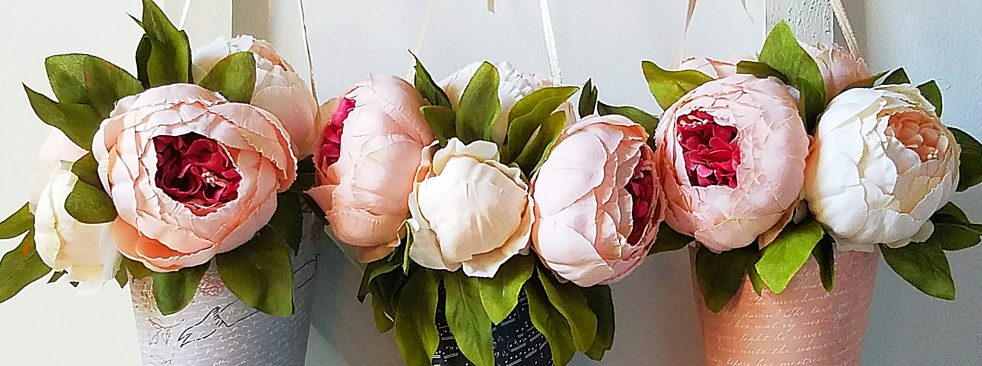I started a creative business a few years ago, and I believe it has been one of my most fun and challenging decisions. I have done several things like freelance writing, operating an online store, selling handmade home decorations, and blogging. So many people dream of becoming their own boss, but anyone who has started a business can tell you that it takes a lot of hard work and dedication.
Even though I’m still learning, I thought it might be helpful to share some lessons I discovered over the years. Of course, I’m not a millionaire mogul or business expert, but I still believe I have insights that could help another person spark some creativity and ideas.
1. Find a niche.
Dictionary.com describes finding your niche as a particular activity or position that sets you apart and in which you can find success or fulfillment.

When I started my business, I was a new mom, so I made things centered around baby showers, gift baskets for new parents, selling baby toys, etc. This interest branched off into me making home decor and venturing into different industries. Again, the key was starting small with a subject I was familiar with and then adding other items to my inventory and skills to my resume. As my portfolio grew, other companies eventually approached me to collaborate on projects.
I believe it is crucial to find a market that can be profitable for you and your audience. Then grow and make strategic changes along the way.
2. Don’t compare yourself to others.
For many years, I did not care what people thought of me or my abilities. I only focused on the fun of creating beautiful things. I spent several days a week working on projects, researching, blogging, and adding products to the online store I ran at the time. As a result, I saw a good amount of success.
But, somewhere along the way, all of that confidence changed when I started comparing my work to others I saw on social media. Comparison is the thief of joy, and lots of fun diminished when I began to doubt myself and the quality of my work. I became so self-conscious and insecure that I would go long periods without posting anything about my projects.

So I guess my advice would be to do less scrolling through social media and focus more on developing your gifts and talents. Practice gratitude and celebrate your accomplishments, no matter how big or small.
3. Networking is important.
Networking is interacting with others to exchange information and develop professional or social contacts.

I must admit that I struggled with this concept for several years. I can be shy and introverted, so it was hard for me to reach out to fellow creative business owners. What helped me was attending craft conferences and fairs where I had to get out of my comfort zone and talk to other people. I also network through messaging fellow creative business owners through Instagram. One person I followed hosted an Instagram Live and answered questions I had about ways to improve my work. There are so many people willing to help. Sometimes you only need a little courage to ask the right questions and not be afraid of rejection.
4. Invest in yourself and your work, but spend wisely.
Operating a business takes time and money. Unfortunately, like many new business owners, I spent too much time and money on a lot of things that weren’t needed instead of investing in the resources that were best for me. Depending on the industry, you may have to invest in a website, materials, supplies, marketing, and other expenses. And the more your business grows, the more people you may need to hire to outsource responsibilities. You may also have to pay for business licenses and taxes.

It’s always a good idea to take a realistic look at your finances before making decisions. And don’t be afraid to talk to a financial advisor or other business owners to answer those tricky questions about money.
5. Make plans but be flexible.
I enjoy the processes of setting goals and making vision boards. These planning stages are where I develop ideas of what I want to accomplish for the month or what project I want to create. Setting goals is essential for any successful project, but I also believe in being flexible in how I achieve goals.

It’s vital to learn how to adapt and regroup when something doesn’t work. One of the biggest lessons I learned is that I will make mistakes, but it’s not the end of the world. We creative types can sometimes be sensitive about our work, but learning from failures and constructive criticism will improve our lives.
Are you a creative business owner? Perhaps you are thinking about starting a business? Feel free to share your thoughts in the comments.
Thanks for reading!
